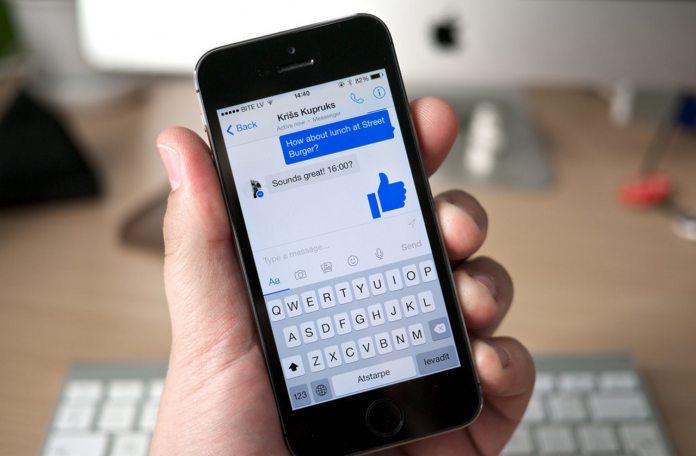However, in response, Facebook has issued a public statement. The network says it only scraped data from users who offer permission. Already firefighting the Cambridge Analytica scandal, Facebook responded quickly to the report and created a repost. Titled “Fact Check: Your Call and SMS History”, the company says the report is in accurate and explains its situation: “You may have seen some recent reports that Facebook has been logging people’s call and SMS (text) history without their permission. This is not the case… People have to expressly agree to use this feature. If, at any time, they no longer wish to use this feature they can turn it off in settings, or here for Facebook Lite users, and all previously shared call and text history shared via that app is deleted. While we receive certain permissions from Android, uploading this information has always been opt-in only.” However, despite this, Ars Technica says Facebook’s claim has contradictions, although the outlet amended the original report. “In my case, a review of my Google Play data confirms that Messenger was never installed on the Android devices I used,” wrote Ars Technica IT and national security editor Sean Gallagher. “Facebook was installed on a Nexus tablet I used and on the Blackphone 2 in 2015, and there was never an explicit message requesting access to phone call and SMS data. Yet there is call data from the end of 2015 until late 2016, when I reinstalled the operating system on the Blackphone 2 and wiped all applications.” Facebook insists is never sells user data and it does not collect content of calls and messages. An opt-in screen does point out the company’s intentions with the data, but perhaps some users would not understand the implications of agreeing to the data collection. Facebook emphasized in bold text that it “never sell this data, and this feature does not collect the content of your text messages or calls.”
Ongoing Scandal
Facebook is already reeling from last week’s expose of the company’s data practices. A report from the New York Times and The Observer showed a researcher had access to personal data from over quarter of a million Facebook users. From these 270,000 members, the researcher could access 50 million friends and pass the data to Cambridge Analytica. The scandal has called into question Facebook’s privacy settings and data use. Facebook actually prevents this kind of data siphoning, but the company’s efforts were obviously not enough.




